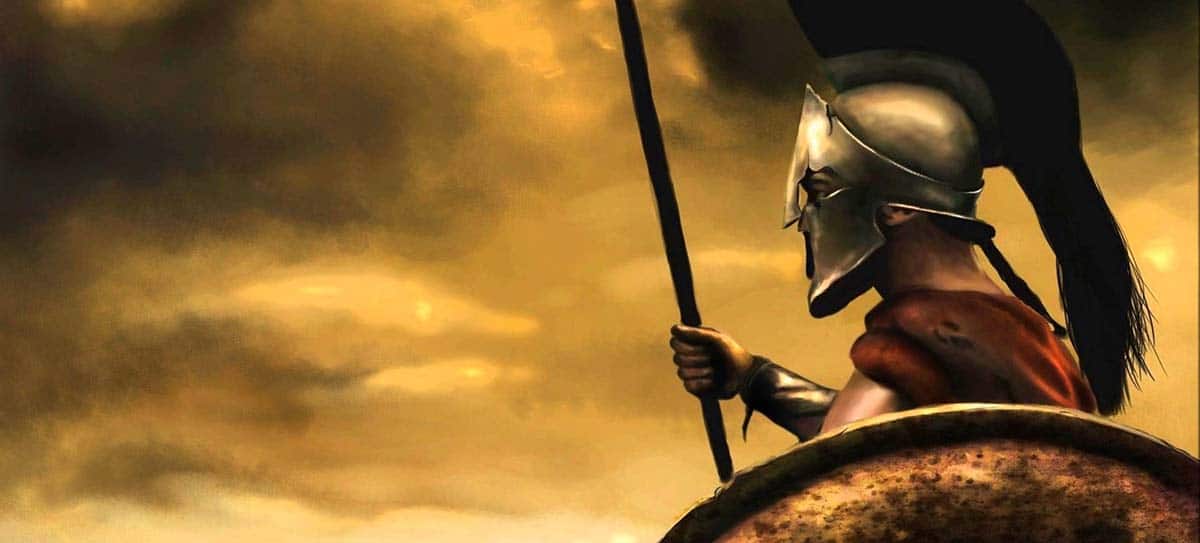
In popular culture we all knew the men of Sparta thanks to the movie 300. The content of the history class was suddenly transferred to the cinema and the film transformed the image of the Spartans forever.
But what was life really like in Sparta? Beyond those sculptural bodies and the art of war, What was life like for the men of SpartaHow were they educated, in what types of family, what were their wives like?
Sparta, its history
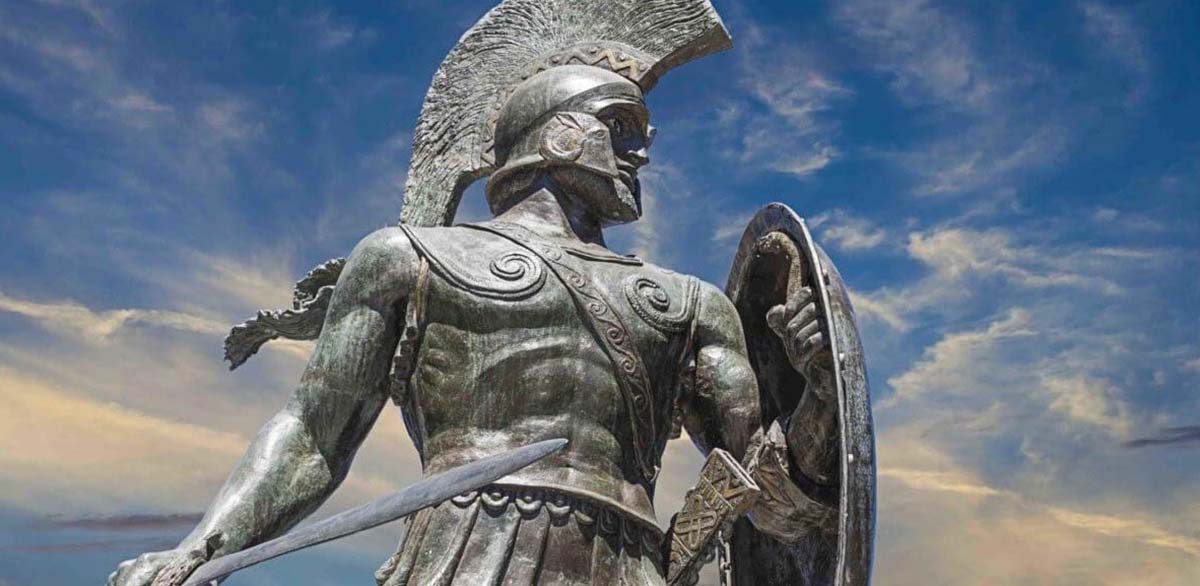
Sparta was a city-state of ancient Greece, located on the bank of the river Eurotas, in Laconia, southeast of the Peloponnesus. Its military boom occurred around 650 BC and is a classic enmity with Athens in time of the Peloponnesian War, between 431 and 404 BC He won this war and was able to maintain his political independence until the Roman conquest of Greece.
After the fall of the Roman empire and its subsequent segmentation, Sparta could not escape that fate and its brightness declinedEven its people ended up leaving the city during the Middle Ages.
But those centuries of importance were enough for it to have its own chapter in history, and that is due to its social system and its constitution that underlines the importance of militarism and its excellence.
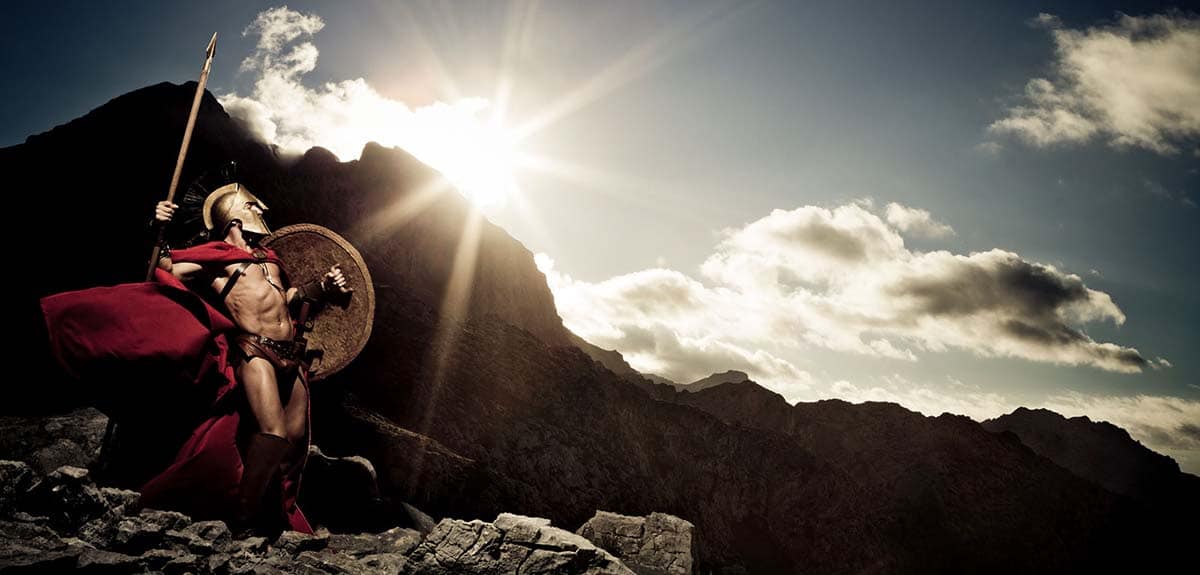
Spartan society was clearly divided into strata: were the citizens with all their rights, called Spartans, but there were also the mothakes, people who were not Spartan although descended from Spartans, and were free. There were also the periikoi, not free Spartans and the helots, not Spartans who were state slaves.
The Spartan men were the true protagonists of this society, they and sometimes some mothakes and perioikoi, were trained for battle and became excellent warriors. Women? At home, yes, with relatively more rights than other women of her time.

The history of Sparta can be divided into a prehistoric period, another classical, another Hellenic and another Roman. Later it is followed by the post-classical and modern periods. The first period is difficult to reconstruct since everything is distorted by orality in the transmission of information. The Classic period, on the other hand, is the most recorded since it corresponds to the consolidation of Spartan power in the peninsula.
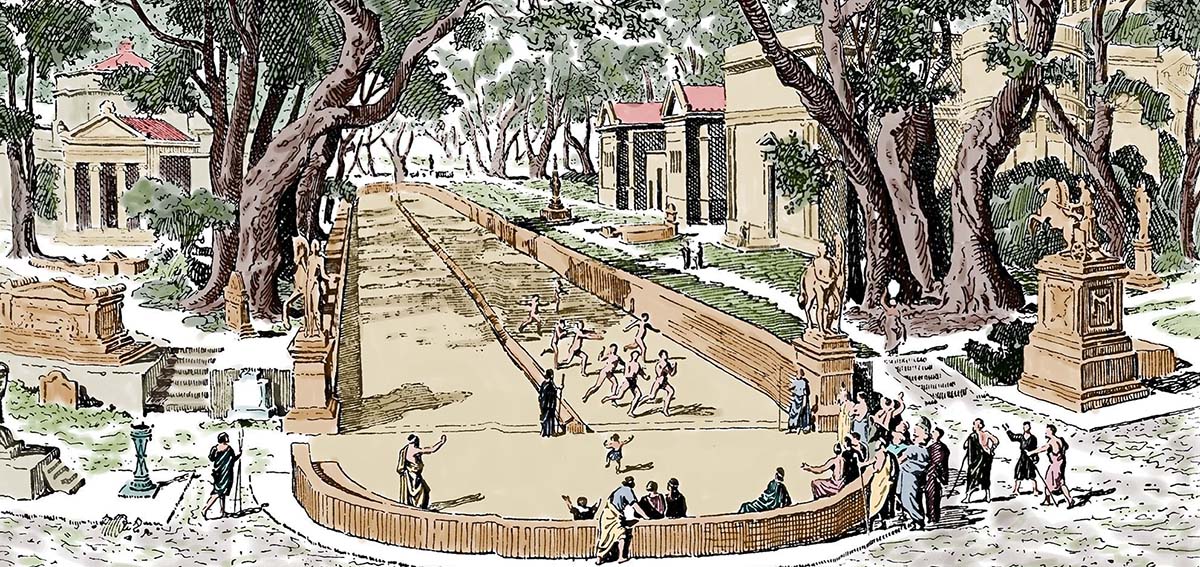
At its best, Sparta had between 20 and 35 citizens., plus the other categories of people that made up his society. With this amount of people Sparta was one of the largest and most important Greek city-states.
It is around this time that the legendary Battle of Thermopylae that we see in the movie, against the Persian army. Things happened a bit like in the film, which ends with an honorable defeat for the Spartans. In real life, a year later, Sparta manages to retaliate by being part of a Greek alliance against the Persians, at the Battle of Plataea.
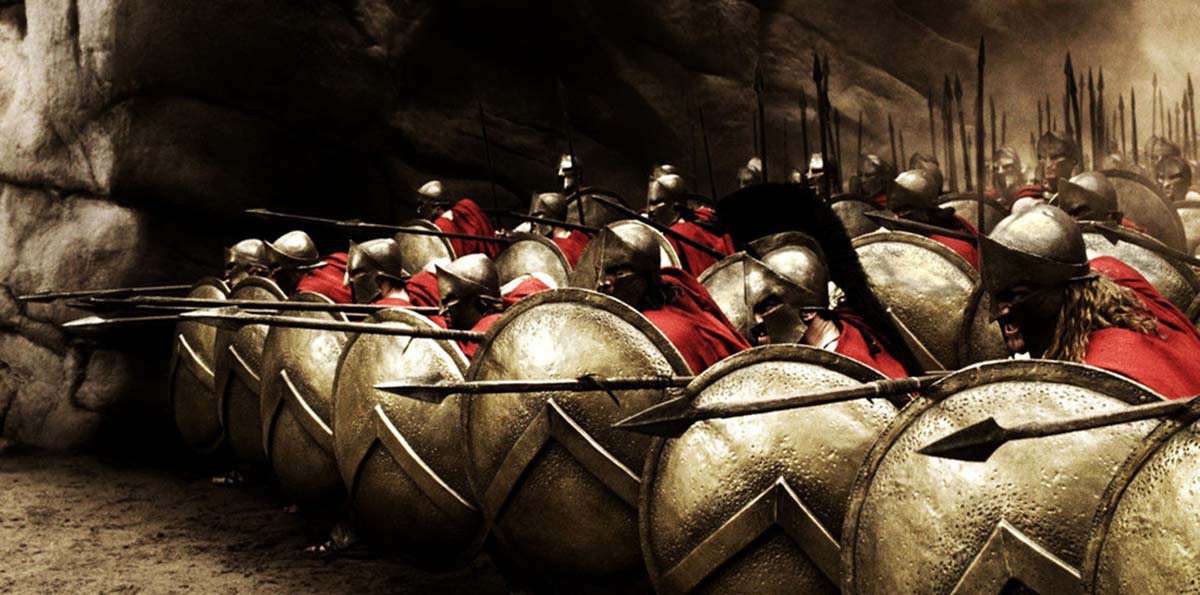
Here the Greeks did win and with that victory the Greek - Persian War and the ambitions of the Persians to enter Europe ended. Although it was a Greek alliance that ended them, in that alliance the weight of the excellent Spartan warriors, leaders of the Greek army, was extremely important.
As well in this classical period Sparta achieved an army of its own, when traditionally it was a land force. And it did so well that it displaced the naval might of Athens. In fact, at its best, Sparta was unstoppable, dominating the entire area and many of the other city-states as well, and even present-day Turkey.
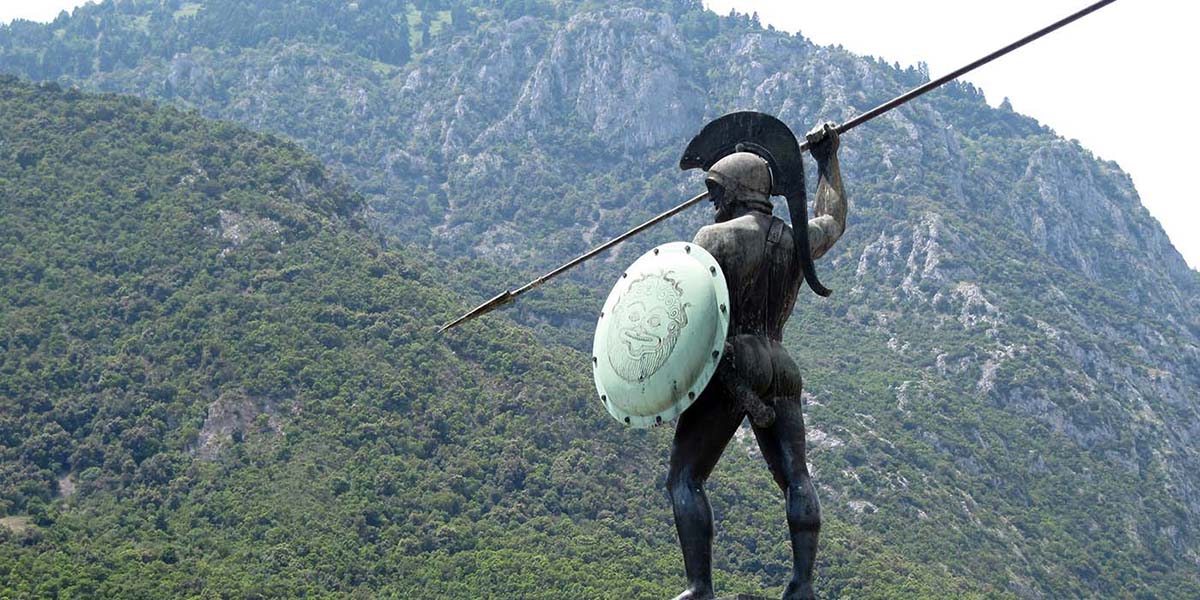
This power earned him many enemies so had to face the other Greek states in the Corinthian War. In this war, Argos, Corinth, Athens and Thebes joined against Sparta, initially encouraged and supported by the Persians. Sparta suffered a very important defeat at the Battle of Cridus, in which Greek and Phoenician mercenaries participated against it on the side of Athens, and its expansionist anxieties were curtailed.
After more years of fighting, peace was signed, the Peace of Antalcidas. With her, all the Greek cities of Ionia returned to the Persian aegis and the Persian border of Asia was freed from the Spartan threat. From then on Sparta began to be less and less important. in the Greek political system, even at the military level. And the truth is that he never recovered from the defeat at the Battle of Leuctra and the internal conflicts between its different citizens.
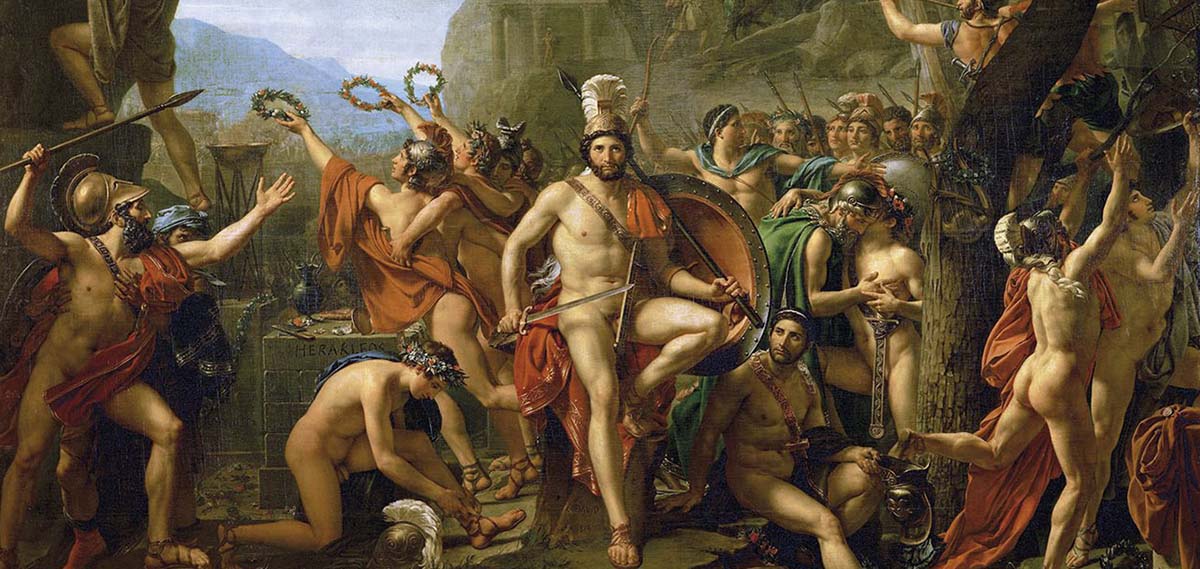
In times of Alexander the great his relationship with Sparta was not all rosy either. In fact, the Spartans did not want to join other Greeks in the famous Corinthian League when it was formed, but they were forced to do so later. In the Punic Wars Sparta sided with the Roman Republic, always trying to preserve its independence, but ultimately ended up losing it after losing the Laconian War.
After the fall of the Roman Empire the lands of Sparta were devastated by the Visigoths and its citizens turned into slaves. In the Middle Ages Sparta lost its importance forever, and modern Sparta had to wait many centuries, until the XNUMXth century, to be re-founded by the Greek king Otto.
Sparta, its society
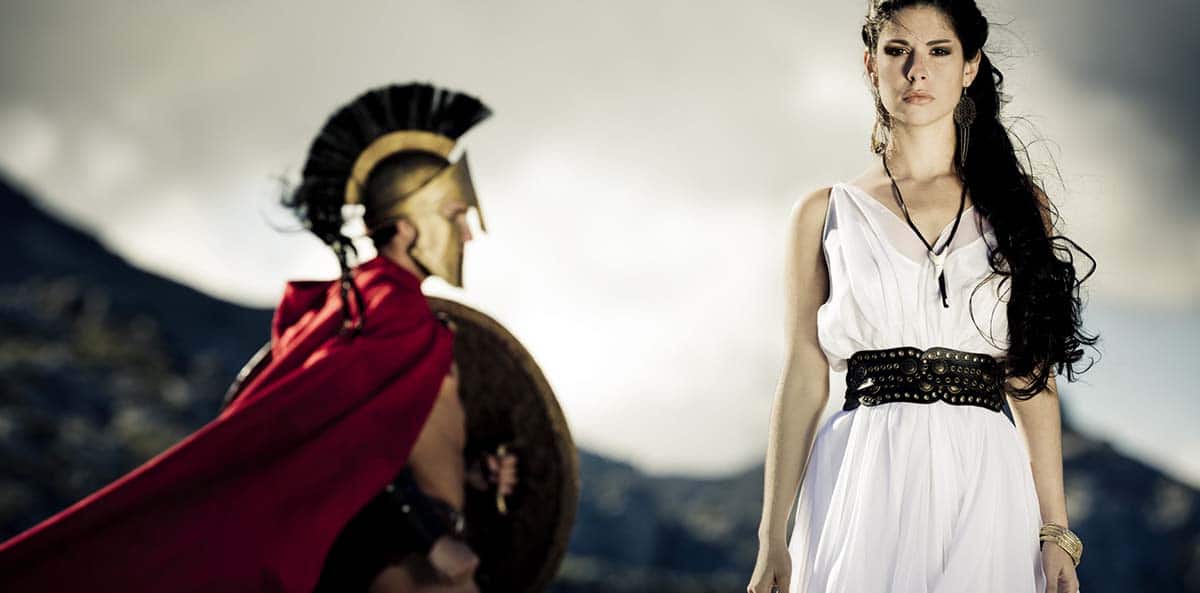
Sparta it was an oligarchy dominated by a hereditary royal house, whose members were from two families, the Agiad and the Eurypontid. They claimed descent from Heracles. The kings had religious, military and judicial obligations. In religious matters the king was the highest priest, in judicial matters his pronouncements had authority and in military matters he was the absolute leader.
Civil justice was more governed by a group of senior officers, 28 adult men in their 60s, generally belonging to the royal families. Everything was discussed between them and then the issue in question passed to another collective body, but this time of Spartan citizens, who voted what the elders proposed. Some of these organizational issues and even the powers of the king were changing over time, in general losing the most absolute powers.
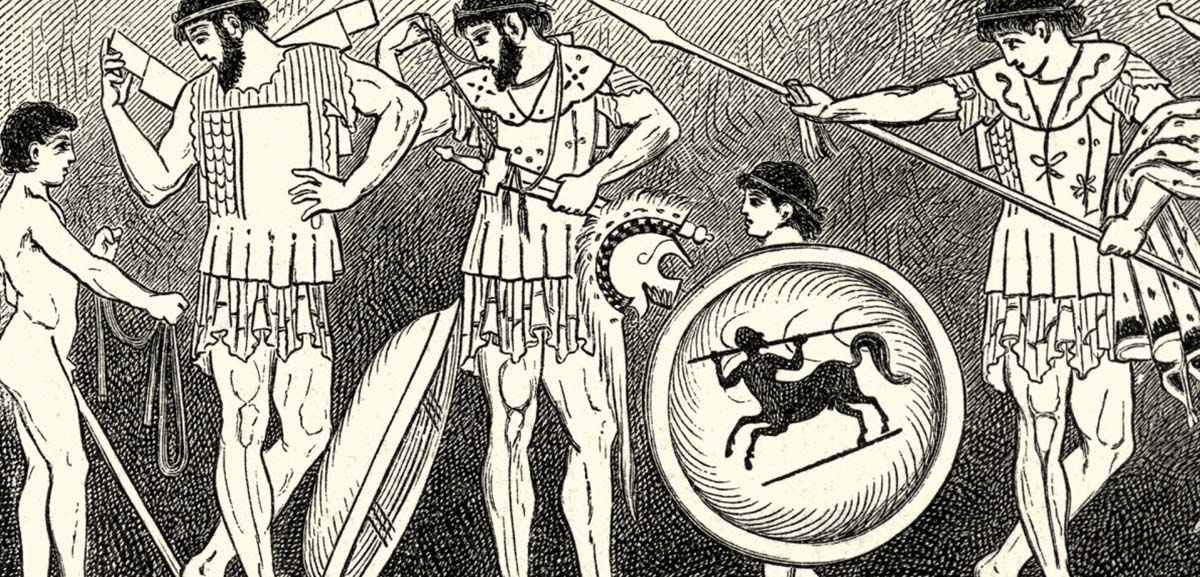
A Spartan boy was educated from an early age and sometimes there were foreign children who were allowed that education. If the foreigner was very good, then perhaps he was given citizenship.
However this education was paid So even if you were a Spartan, without money there was no education and without education there was no citizenship. But there was another type of education for those who were not from the beginning, citizens. Is named periikoi, and it was intended for those who were not Spartans.
You have to know that in reality in Sparta, the Spartans themselves were a minority. Most were helots, people that originally came from Laconia and Messenia and that the Spartans had won in battle and enslaved. The Spartans did not kill men and women and children became a kind of slaves. Then, the helots became more like serfs, as in the rest of the Greek city-states.
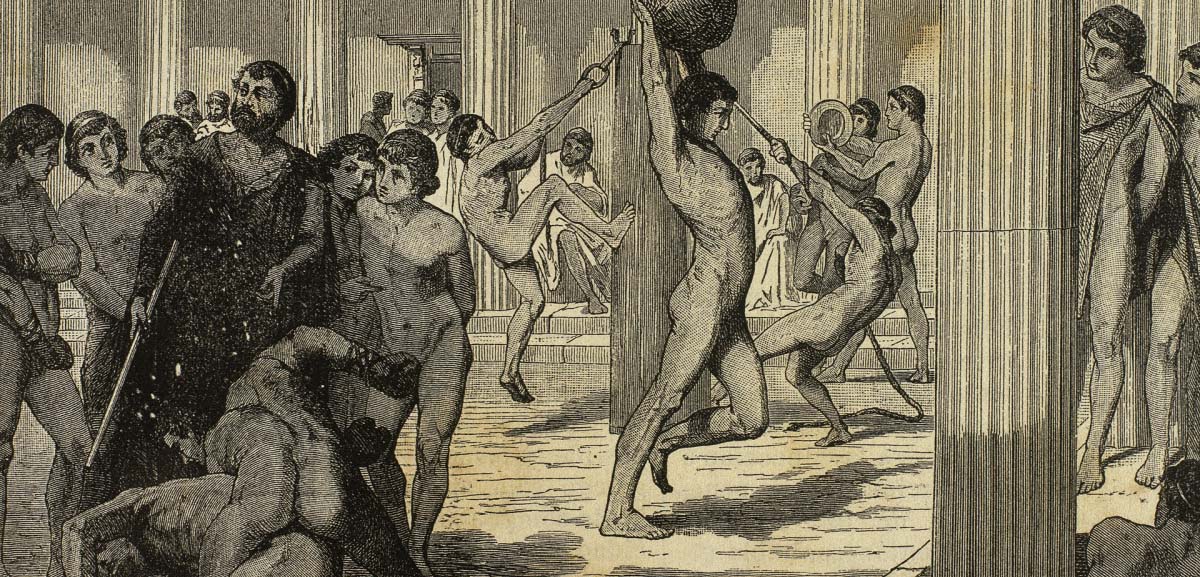
Helots could keep 50% of the fruit of their labor and marry, practice a religion and own something, even if not political rights. And if they were rich enough, buy their freedom. Why? Well, in Sparta men dedicated themselves 100% to war so they couldn't do manual tasks, that's what the helots were for. The relationship was not without some crispies, but apparently the Spartans trusted them as they even formed military squadrons of helots.
In fact, there was even a slave revolt in Athens and those who fled ran to Attica to seek refuge among the Spartan troops. And it is that this aspect of Spartan society made it unique. In any case, in the end, there were tensions since the helots were the majority. And what about the others, the periikoi? Although they had the same social origin as the helots, they did not have the same position. It is not well known what they were, since they were free but did not have the same restrictions as the helots.

But if being helot or perioikoi was not easy, neither was being a Spartan. When a child was born, if it was deformed or sick, it was thrown from Mount Taygetos. If i was a boy he started his training at the age of seven to achieve discipline and physical excellence. They were fed just enough, never too much, so that they would learn to survive on little. Besides learning combat and handling weapons, they also studied dance, music, reading and writing.
At a certain age it was usual that they had a mentor, generally a young, single adult who could inspire them as a role model. It is also said today that they were sexual partners, although it is not known for sure. With respect to girls' education Very little is known, although it is assumed that they were also conscientiously educated, although with an emphasis on other aspects.
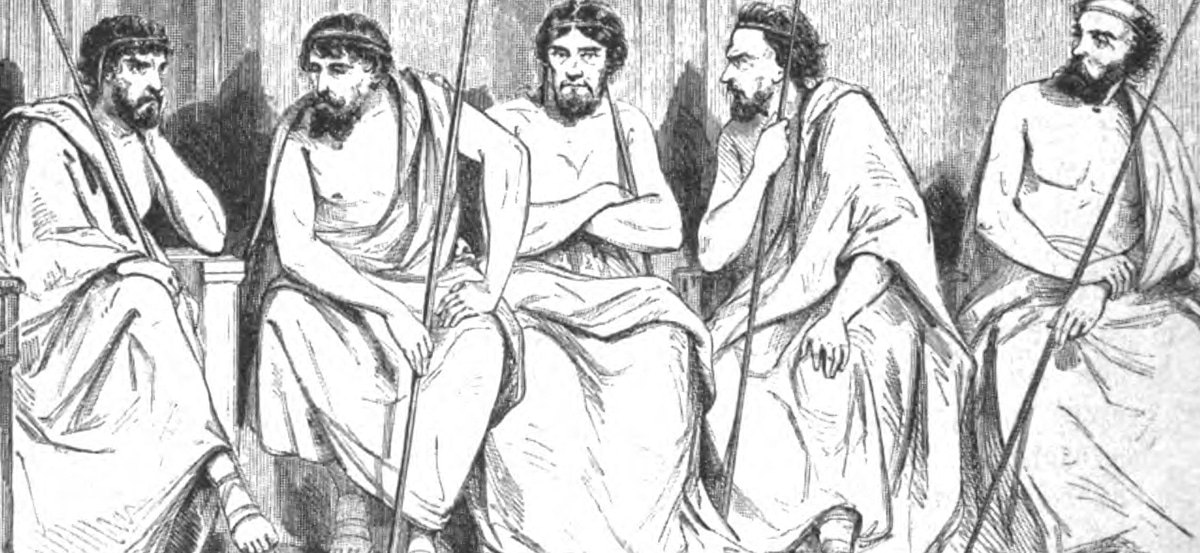
At age 20, a Spartan citizen was part of a club of about 15 members, the sissytia. Their bond ended up being very close and only at age 30 could they run for public office. Until the age of 60 they were active. They got married at 20 but they were with their family just at 30 when they were retiring from military life.
The truth is that about the military life of Sparta there are many myths, all adorned. There is that of the woman who hands him the shield before going to war, to tell him "On him or with him", that is, dead or victorious. But in truth, the dead Spartans did not return, they were buried on the battlefield. Another myth tells of Spartan mothers who hate their weak children, but it seems that in truth these sayings originated in Athens, to disparage them.
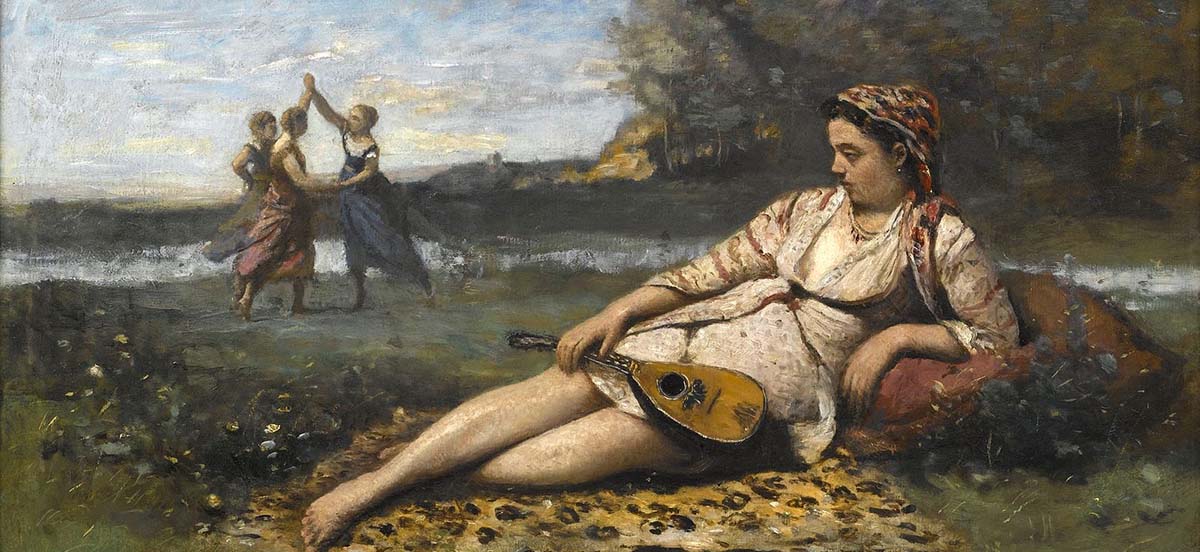
Speaking of women, mothers and wives ... What was marriage like in Sparta? Plutarch says that the custom of "Steal the bride". The girl would then shave her head and dress as a man to lie on the bed in the dark. So the boyfriend would come in after dinner and have sex with her.
Given this, there is no shortage of people who speculate that this custom, unique to Sparta, speaks clearly that the woman should disguise herself as a man so that her husband could at first have sex with her, so accustomed to sex between men ...
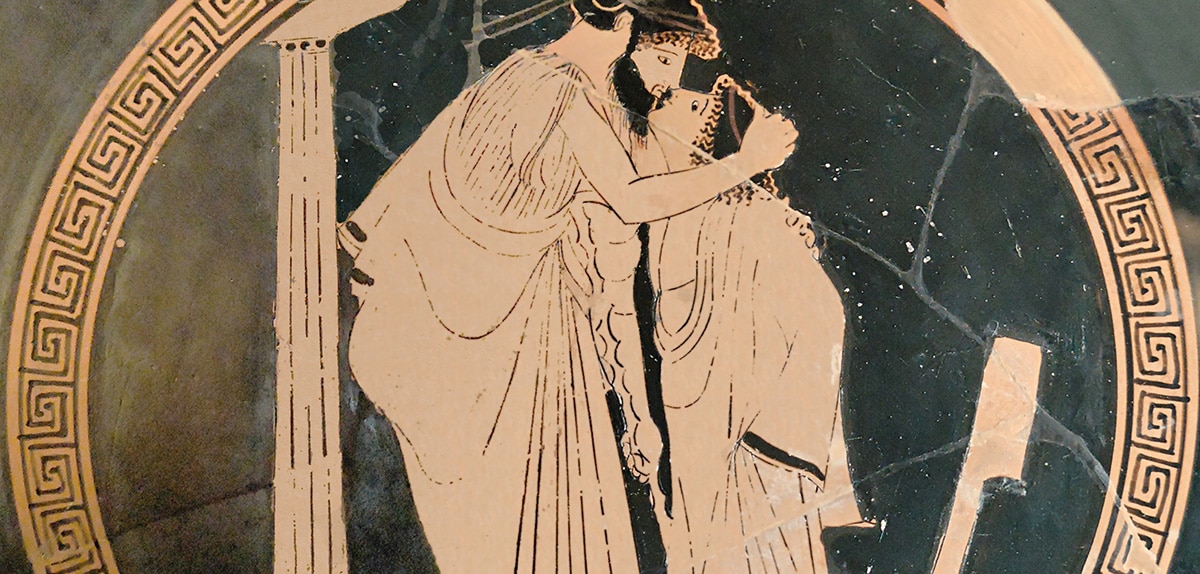
Beyond that, Spartan woman held a unique place among women of antiquity. Since they were born they were fed just like their brothers, they did not stay at home, they could exercise outdoors and marry into adolescence or even in their 20s. The idea was to avoid very young pregnancies so that healthy children were born and women did not die earlier.

And to ensure also a strong blood the custom of share wife it was accepted. Perhaps an older man gave a younger man permission to sleep with his wife. Or if the oldest could not have children. Obviously, customs that went hand in hand with the fact that men died in battle and it was necessary not to deplete the population. In addition, women were educated and had a certain voice of their own, unlike the women of Athens and other city-states.
Did you know all this about Sparta?